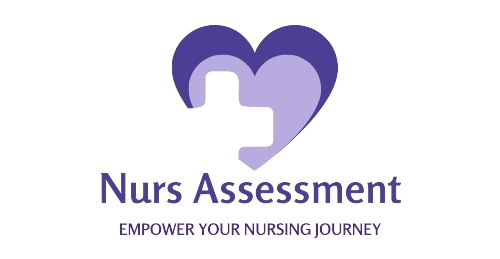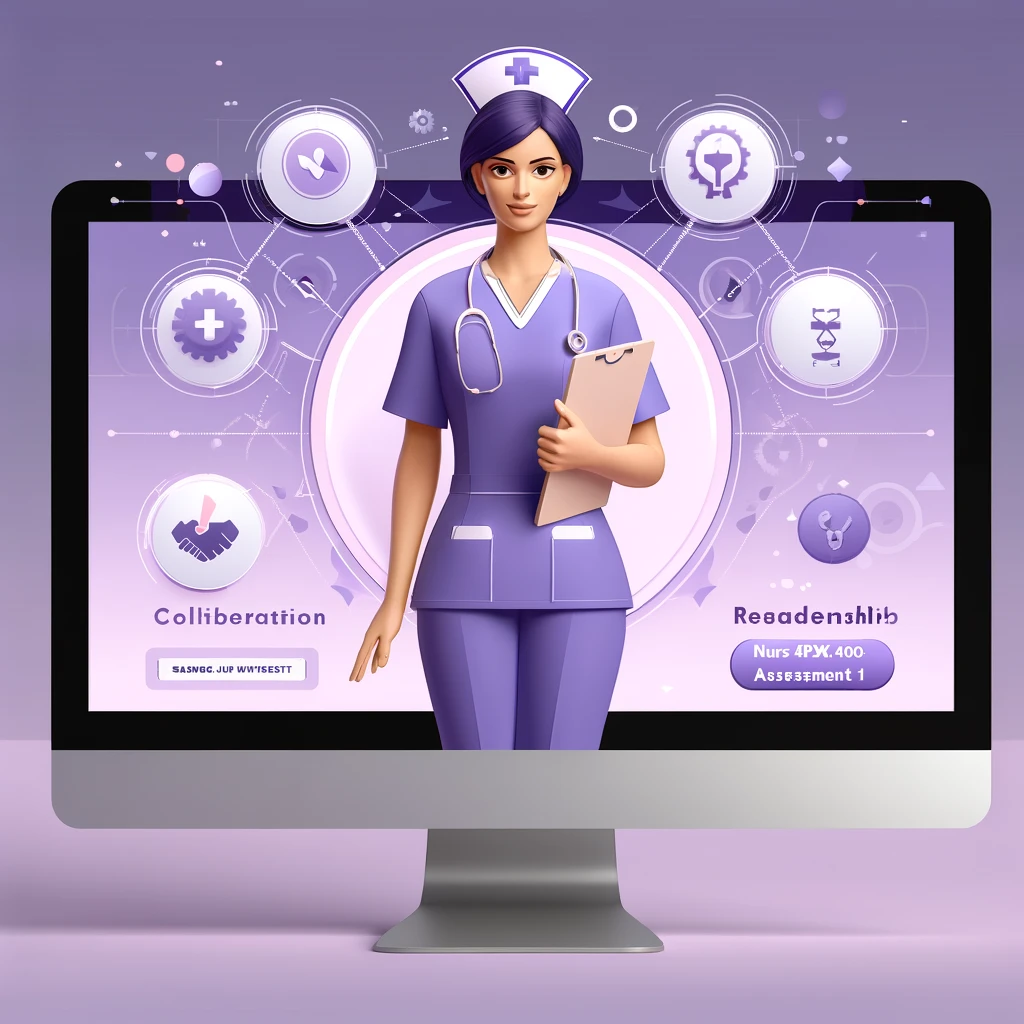NURS FPX 4000 Assessment 1
Introduction to Collaboration and Leadership in Interprofessional Practice
Hello again. My name is Jessica Mulin, and I am honored to present a video on collaboration and leadership reflection for Capella University’s NHS 4010 course. This course, focusing on leading people, processes, and organizations in interprofessional practice, sets the groundwork for our exploration into the dynamics of effective teamwork and leadership within healthcare settings.
Reflecting on Interdisciplinary Collaboration
My presentation aims to delve into the multifaceted realm of interdisciplinary collaboration. By reflecting on personal experiences within clinical settings, we uncover the dual nature of teamwork—its triumphs and challenges in achieving patient care goals. This reflection serves as a pivotal learning tool, enabling us to dissect what works and what needs improvement in our collaborative efforts.
The Consequences of Poor Collaboration
A significant portion of our discussion will be dedicated to understanding the repercussions of inadequate collaboration. By leveraging evidence from peer-reviewed literature, we’ll explore how poor teamwork can lead to inefficient management of both human and financial resources, adversely affecting patient care outcomes.
Strategies for Enhancing Leadership and Team Dynamics
Leadership plays a crucial role in steering a team towards its objectives. We will identify and analyze best practice leadership strategies that are instrumental in enhancing an interdisciplinary team’s ability to achieve its goals, drawing insights from scholarly articles and real-world applications.
Improving Interdisciplinary Team Collaboration
Further, our conversation will extend to the best practices in interdisciplinary collaboration. These strategies are not only foundational in achieving team goals but are essential for effective cooperation and synergy among team members.
The Importance of Role Clarity and Competence
A critical aspect of successful collaboration is the clarity of roles within the team. Through the examination of literature and personal anecdotes, we will discuss how understanding each member’s scope of practice and competencies is vital for safe and efficient patient care.
A Personal Example: Reflecting on a Clinical Incident
I will share a personal narrative from my clinical rotations that highlights the importance of assessing competence and the need for clear communication during patient transfers. This story underscores the potential risks and learning opportunities inherent in clinical settings, pushing for a culture of continuous reflection and improvement.
The Impact of Reflective Practice on Nursing
Reflective practice emerges as a powerful tool for personal and professional growth. We’ll delve into how this practice facilitates learning from experiences, aiding in the improvement of patient care outcomes and contributing to the knowledge development in nursing.
Encouraging Effective Communication in Patient Care
Communication is the cornerstone of collaboration. This section will focus on the paramount importance of fostering open, clear, and effective communication within healthcare teams to ensure patient safety and care quality.
Case Study: Enhancing Patient Care Through Interdisciplinary Collaboration
Drawing from a peer-reviewed article, we will examine a case study that illustrates the profound impact of proactive interdisciplinary collaboration on patient care, showcasing how structured team interactions can lead to improved patient outcomes.
Addressing Communication Barriers in Healthcare
We will explore the challenges posed by communication barriers in healthcare settings and discuss strategies to overcome these obstacles. This includes addressing cultural and hierarchical dynamics that may hinder open dialogue within interprofessional teams.
The Role of Training and Education in Improving Team Performance
The article emphasizes the importance of continuous training and education in enhancing team performance. We will look at evidence-based training tools that focus on essential skills such as communication, leadership, and situation monitoring, advocating for their regular inclusion in professional development programs.
Conclusion and Call to Action for Reflective Practice and Teamwork
In conclusion, this presentation underscores the critical role of reflective practice, effective communication, and strategic leadership in fostering a culture of excellence in healthcare collaboration. As we move forward, let us commit to engaging in reflective practice and embracing teamwork, paving the way for a future where every healthcare professional can contribute to delivering the highest standard of patient care.
Thank you for your attention, and I look forward to our continued journey towards healthcare excellence.

